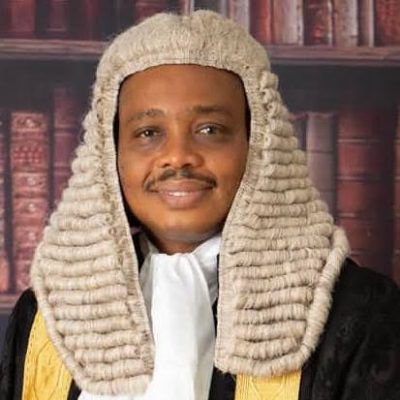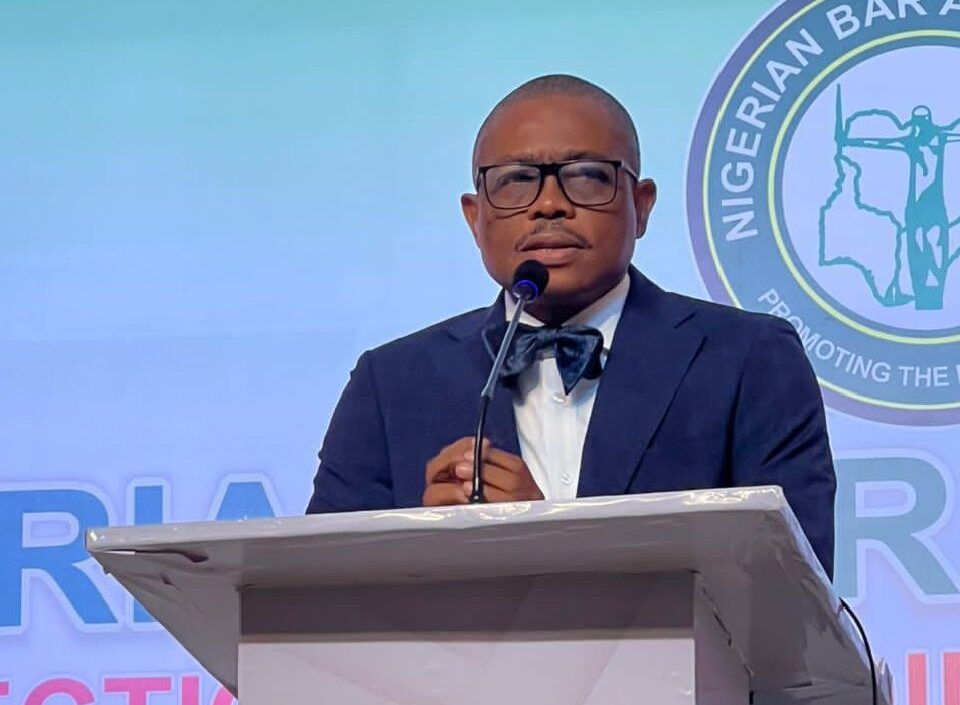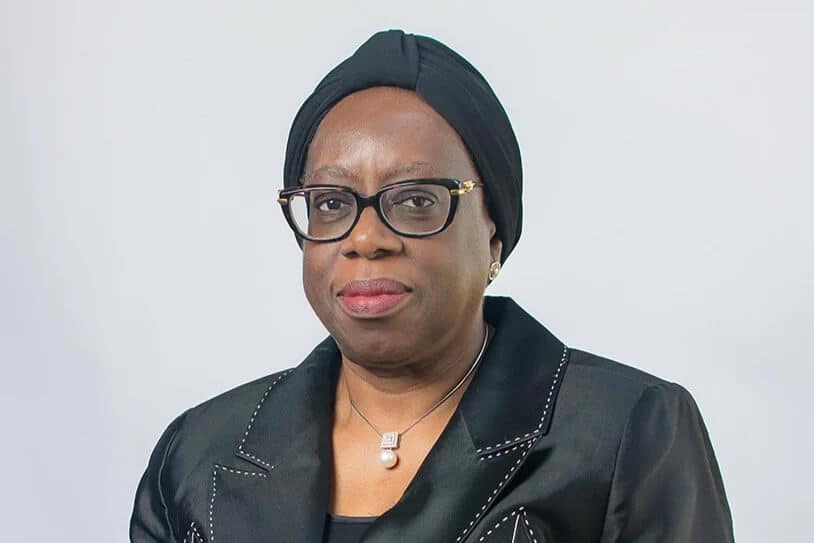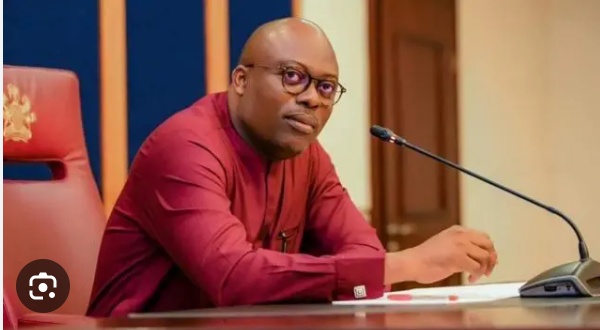JUDICIARY
Lawyers call for reform of legal education to meet emerging trends

Some lawyers in Kaduna State on Monday called for a reform of legal education and training to be in line with emerging trends.
This, they said would groom practice-ready lawyers who could contribute meaningfully to Nigeria’s economic rebirth.
Speaking with our correspondent, the lawyers said universities and the Nigerian Law School needed to embrace rapid changes by developing tailored courses that prepared law students for modern realities.
They said emerging trends included market awareness and entrepreneurship skills needed to move beyond traditional practice to become leaders in contemporary and economically important areas.
A lawyer, Moses Lawson, said a 21st century lawyer needed to have a sharp understanding of the legal market and to integrate business knowledge and technology into law practice.
Lawson said the educational sector has a direct bearing on the social, economic, political and scientific development of a nation.
He noted that there had been increased anxieties about the deteriorating state of Nigeria’s educational system which needed a general reform.
“The growing concerns stem from the quality of our university graduates, which has become less than satisfactory and law graduates are no exception,’’ he said.
He added that the current situation where lawyers were underpaid, undervalued, and underemployed would be a thing of the past with the needed reforms.
Lawson also called on government to reform legal education because it would benefit law students and also make legal education more competitive in attracting applicants.
Another lawyer, Michael Peace, said there was a growing demand for reforms, not only in the training of lawyers, but also in the entire education sector.
He said the declining professional skills of lawyers had taken an alarming turn in the last decade.
“The result is that clients most often did not get value for money paid for legal services and society did not also feel the much-needed impact of lawyers,’’ he said.
He stated that the modern lawyers must be relevant to the society and so should be concerned not only about representing clients and making money, but also be concerned about how they could resolve disputes peacefully.
Peace added that the training of lawyers should focus on achieving public good and with proper training the country could have lawyers who focus on litigations as well as service delivery to their communities.
He said training of lawyers should also focus on areas such as cyber security, Artificial Intelligence law, space and aviation law, healthcare law, food and agricultural law, decarbonisation and carbon finance law among others.
“The introduction of clinical legal education in law faculties will change the attitude of lawyers who want to only study law for influence and not for commitment to the society,’’ he said.
According to him, clinical legal learning helps students to identify, research and apply knowledge.
It also establishes an opportunity for law students to gain important practical experience while enabling them to offer valuable service to their local community.
Another lawyer, Mohammed Lawal, said the practice of law had become globalised and that new issues were emerging that posed challenges to the 21st century Lawyer.
Lawal said the 21st century lawyer must not be estranged from his community and must be prepared to undertake public service and foster professionalism.
According to him, law students need to be exposed early to fundamental questions about what it means to be in a profession; what obligations flow from that status and how a lawyer’s personal values relate to his or her professional obligations.
He stated that the skills of the modern lawyer could be developed at the formative stage and clinical legal education would enable the lawyer to acquire the requisite skills early in life to face the challenges of the future.
“Another challenge is how to overcome the traditional methods of teaching and this will involve retraining of our teachers or employing non-academic professionals,’’ he said.
Lawal called for the retaining of non-academic professionals who have special and consummate skills to expose students to the ‘practical’ of public interest lawyering in legal education.
JUDICIARY
Nigerian Bar Association President, Afam Osigwe SAN, Lauded For Transformative Leadership

From Hassan Taiye
The Nigerian Bar Association (NBA) President, Afam Osigwe, SAN, has been praised for his visionary leadership and transformative impact on the legal profession. Since assuming office, Osigwe has demonstrated a steadfast commitment to justice, human rights, and the rule of law.

According to Barrister Hamza N Dantani, Osigwe’s leadership has been marked by bold initiatives, fearless advocacy, and groundbreaking reforms. He has restored the NBA’s traditional role of holding leaders accountable and promoting the rule of law, challenging unconstitutional actions and human rights abuses.
One of the notable achievements of Osigwe’s presidency according to Hamza, is the repositioning of the Institute of Continuing Legal Education (ICLE). The introduction of a mandatory Continuing Professional Development (CPD) regime has elevated professional competence and aligned the Nigerian Bar with international standards.
“Osigwe has also been instrumental in promoting human rights and public interest litigation. He has spearheaded campaigns against arbitrary arrests, electoral malpractice, and anti-democratic legislation, and established regional litigation committees nationwide”
“The NBA President’s commitment to technology and innovation has also been noteworthy. The launch of the Digital Annual Practice License and the digitization of the Letter of Good Standing have marked a new era in transparency and efficiency within the profession”
He further stated that ” Osigwe’s administration has prioritized the growth and success of young lawyers. The Nigerian Bar Association–Young Lawyers Forum (NBA-YLF) has introduced tailored mentorship, support programs, and funding initiatives to address the challenges faced by young lawyers”
“The 2025 NBA Annual General Conference, organized under Osigwe’s leadership, was hailed as one of the most successful in the history of the Association. The conference equipped lawyers with practical strategies to navigate contemporary legal and societal challenges.”
“Engine’s leadership style has been described as inclusive, humble, and genuinely committed to serving the legal profession. His detribalized approach has earned him respect across regions, political divides, and professional ranks.”
He expressed optimising that ” As Osigwe continues to lead the NBA, his legacy is expected to leave a lasting impact on Nigeria’s legal landscape. His commitment to justice, human rights, and the rule of law has restored the NBA’s image as the nation’s conscience”.
JUDICIARY
Odinkalu Applauds CJN Kekere-Ekun for Sanctioning Errant Judges

Professor Chidi Odinkalu, a legal scholar and judicial reform advocate, has praised the Chief Justice of Nigeria (CJN), Justice Kudirat Kekere-Ekun, for her decisive action in addressing misconduct within the judiciary.
The National Judicial Council (NJC) recently sanctioned five judicial officers for professional breaches, including age falsification and other misconducts. The decisions were made during the NJC’s 107th meeting held on November 13 and 14, 2024.
Judges Sanctioned for Misconduct
Among those sanctioned were:
- Justice Chukwuemeka Chikeka, Chief Judge of Imo State, who was recommended for compulsory retirement effective October 27, 2021. Justice Chikeka was found to have falsified his date of birth, with inconsistencies noted between 1956 and 1958. He was also directed to refund salaries and allowances received after his official retirement date.
- Hon. Kadi Babagana Mahdi, Grand Kadi of Yobe State, was also recommended for compulsory retirement after discrepancies in his date of birth were discovered. Records showed three different birth dates, while his actual year of birth was determined to be 1952. The NJC found that he should have retired 12 years ago and ordered him to refund salaries and allowances received during this period.
- Justice G.C. Aguma of Rivers State High Court and Justice A.O. Nwabunike of Anambra State High Court were suspended from duties for one year.
Odinkalu’s Commendation
Reacting to the NJC’s decision, Professor Odinkalu commended the Chief Justice of Nigeria for her swift and decisive response.
“Madam CJN, Kudirat Kekere-Ekun, has acted swiftly on this matter of age falsification by the Chief Judge of Imo State. She has done the right thing the right way,” Odinkalu stated.
He expressed hope that this move would signal a new era of improved judicial standards under Kekere-Ekun’s leadership of the NJC.
NJC’s Commitment to Judicial Integrity
The NJC emphasized its zero-tolerance for misconduct, reiterating its commitment to upholding integrity within the judiciary. The council urged judicial officers to adhere strictly to professional and ethical standards.
The actions taken are seen as a bold step toward restoring public confidence in Nigeria’s judicial system.
JUDICIARY
Fubara Warns Judges on Conflicting Judgments

Rivers State Governor, Siminalayi Fubara, has called on judges and lawyers to avoid delivering conflicting rulings, which he says undermine justice and governance. His warning follows conflicting judgments that nearly disrupted the local government election in the state.
Speaking at the 2024/2025 Legal Year ceremony in Port Harcourt, Fubara criticized legal professionals who compromise their integrity for personal gain. He emphasized the sacred role of the judiciary in upholding justice and urged judges to remain steadfast in truth.
“You are the god that we are seeing. Your position is to stand and defend us,” Fubara stated, adding that those who compromise justice would face severe consequences, both legally and morally.
Fubara praised the Rivers State judiciary, particularly the High Court, for their support in maintaining stability despite external pressures. He acknowledged threats and assaults faced by judicial officers but encouraged them to remain resolute in their pursuit of justice.
In his sermon, Bishop Rt Rev Wisdom Budu Ihunwo echoed the governor’s concerns, highlighting the negative impact of conflicting judgments on Nigeria’s unity and governance. The bishop warned that those responsible for such actions would eventually face divine punishment.
Governor Fubara concluded by emphasizing the need for strong institutions to safeguard democracy and ensure societal prosperity.
-

 Uncategorized5 years ago
Uncategorized5 years agoFG, states urged to harness flooding for ranching, others with technology – Agbaje
-

 Headlines10 years ago
Headlines10 years agoBreaking: EFCC seals Borno House of Assembly, as Hon members take to their heels
-

 News11 years ago
News11 years agoNigeria Security Operatives Stage Manhunt For Homosexual Perpetrator
-

 News9 years ago
News9 years agoHow 21-year-old Girl fled community over accusation of lesbianism
-

 News10 years ago
News10 years agoYobe Gov Moves Against Deputy
-

 Opinion7 years ago
Opinion7 years ago7 signs she has friend zoned you
-
Technology4 years ago
Online job placement company headhunts women
-

 Headlines10 years ago
Headlines10 years agoBorno Dep Gov Abducts Another Church Leader





